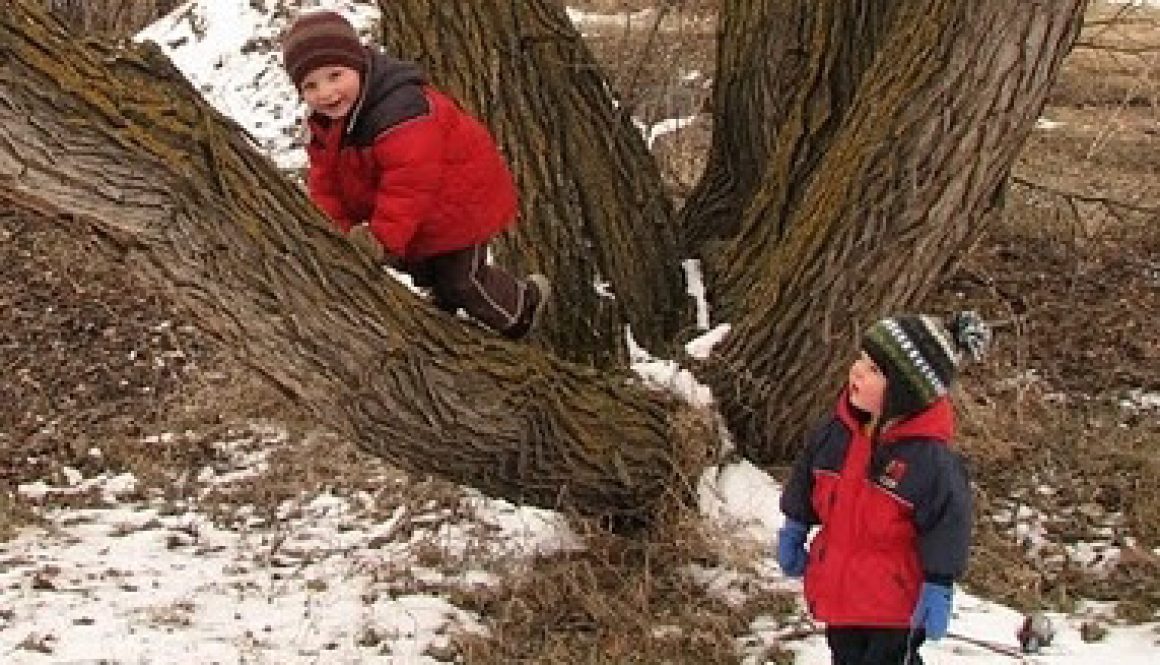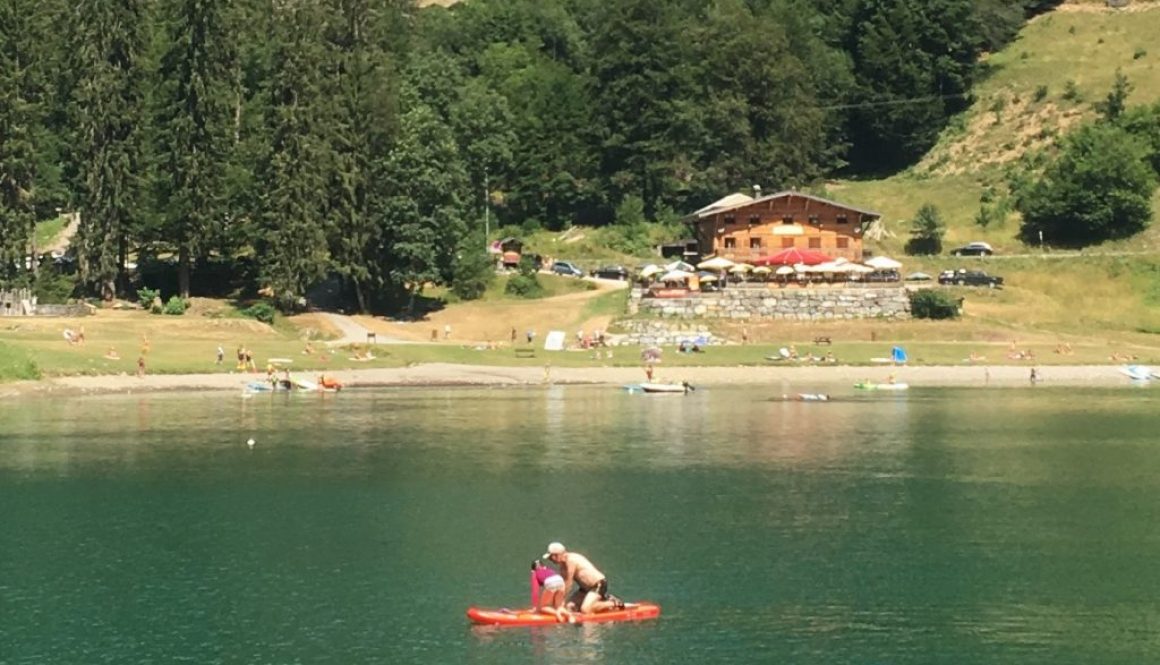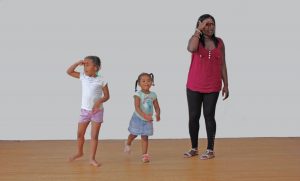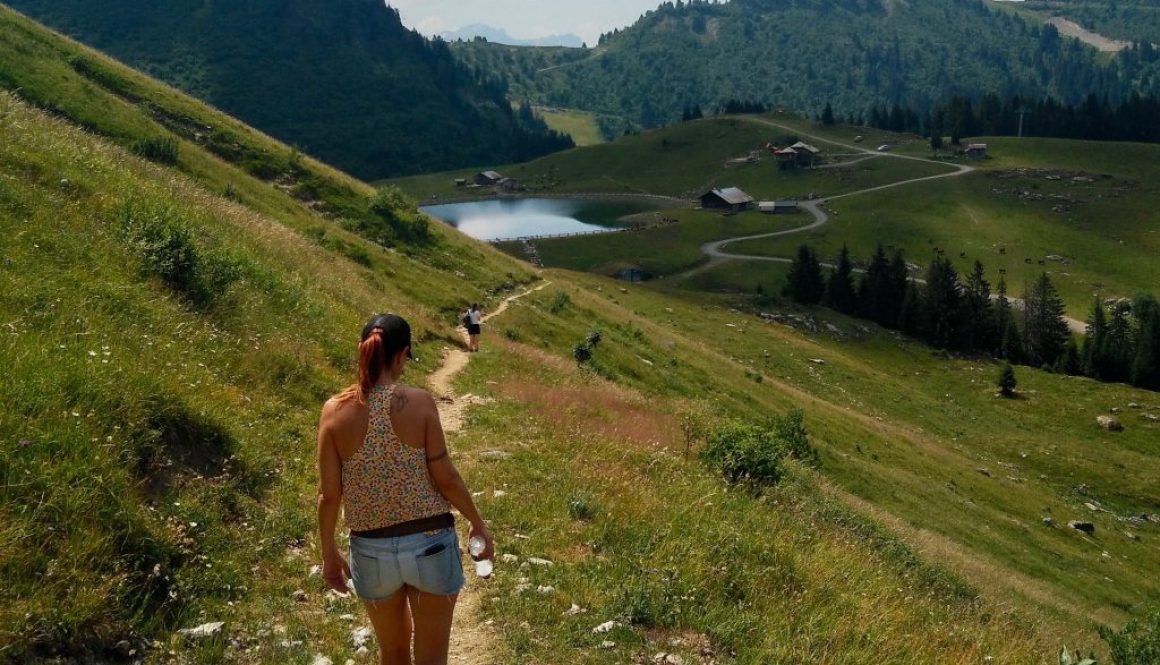
I was having a conversation with my sister earlier about how much you should protect your child. We discussed how we mostly fended for ourselves as children which probably meant we learnt how to take care of ourselves as adults, well sort of.
This lead me to thinking about the message I want to share, which is adults, please stop doing everything for your children!
Whether you are a parent, a teacher, a childminder, an aunt or a grandfather, if you don’t give children the opportunity to try new things, mess up and figure out how to fix it or problem solve in a safe environment, what are they going to do when they are not in a safe environment, you being part of that safe environment?
Of course, us adults want to protect the children we care for and do everything in our power to help them and keep them safe, happy and healthy. However, we won’t always be there when they need us, when life throws one of it’s curveballs at them or when they find themselves in a sticky situation. So what do we do then?
One of the best gifts you can give a child is resilience and allow them to take risks from a young age (of course, they will be small risks- good risks, rather than dangerous risks- bad risks).
When a child is taking risks in a safe environment, they will develop physically, cognitively and emotionally; they will learn about their limits and how they can push themselves to a limit that will not cause them harm. This will allow them to go through life allowing themselves to succeed, try new thing, go on adventures and generally live a better life than that person who is scared to step out of their comfort zone.
If from a young age we develop resilience we will be able to face life’s inevitable bad times with good perspective, positivity and faith in ourselves to move forward and weather the storm.
Why not be a risk taker and let the children in your life take risks:
- When your baby reaches for that toy, don’t push it towards them. Let them push themselves until they have achieved what they set out to do. If reaching means they will fall and hit their head on the corner of the table then, by all means, do help them.
- When your child tries to climb to the top of the climbing frame, don’t yell at them to be careful. Not only will this distract them and potentially make them fall. Calmly ask them questions such as “look down, do you think you can climb any higher?” and “what do you think you need to do to get to the top”. Engage in a conversation rather than a one-way dialogue
- When a child tries to make a structure in the playground and it falls apart. Don’t fix it for them. I know you are trying to make them feel better but it will only help for a moment. Ask them questions such as “what do you think you could do to fix it?” and “that’s ok, why don’t you try it again and what do you think you could do differently this time?”. Help them but also engage in a conversation.
- When your teenager makes a mistake at school, have a conversation and, as mentioned before, ask them questions about how they can do it better the next time.
These are all simple points, but that is the point, simple changes can teach many things and can make a huge difference to a child’s life.
This could also be the biggest gift you give yourself as you may find that they will see you as the person to come to when they need advice or help, because you aren’t the one always telling them what to do. How many times have you heard a child or teenager whining “I’m not a child anymore” or “you just don’t understand me”. They will talk to you because you don’t treat them like an idiot (even if sometimes they may behave like one) but you show them that you have faith in their ability to figure things out for themselves and the wisdom to support them to do so.
By Tania Swift







